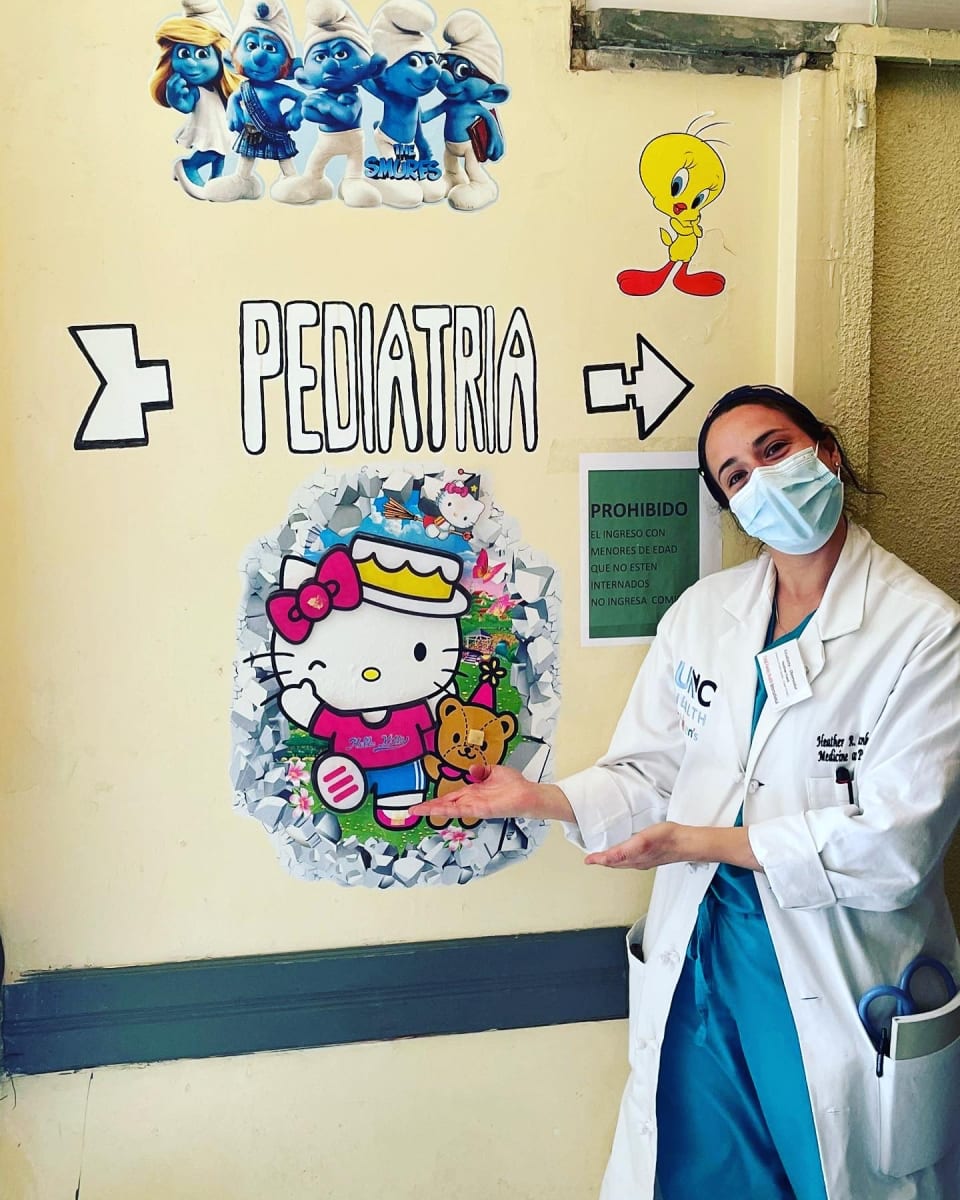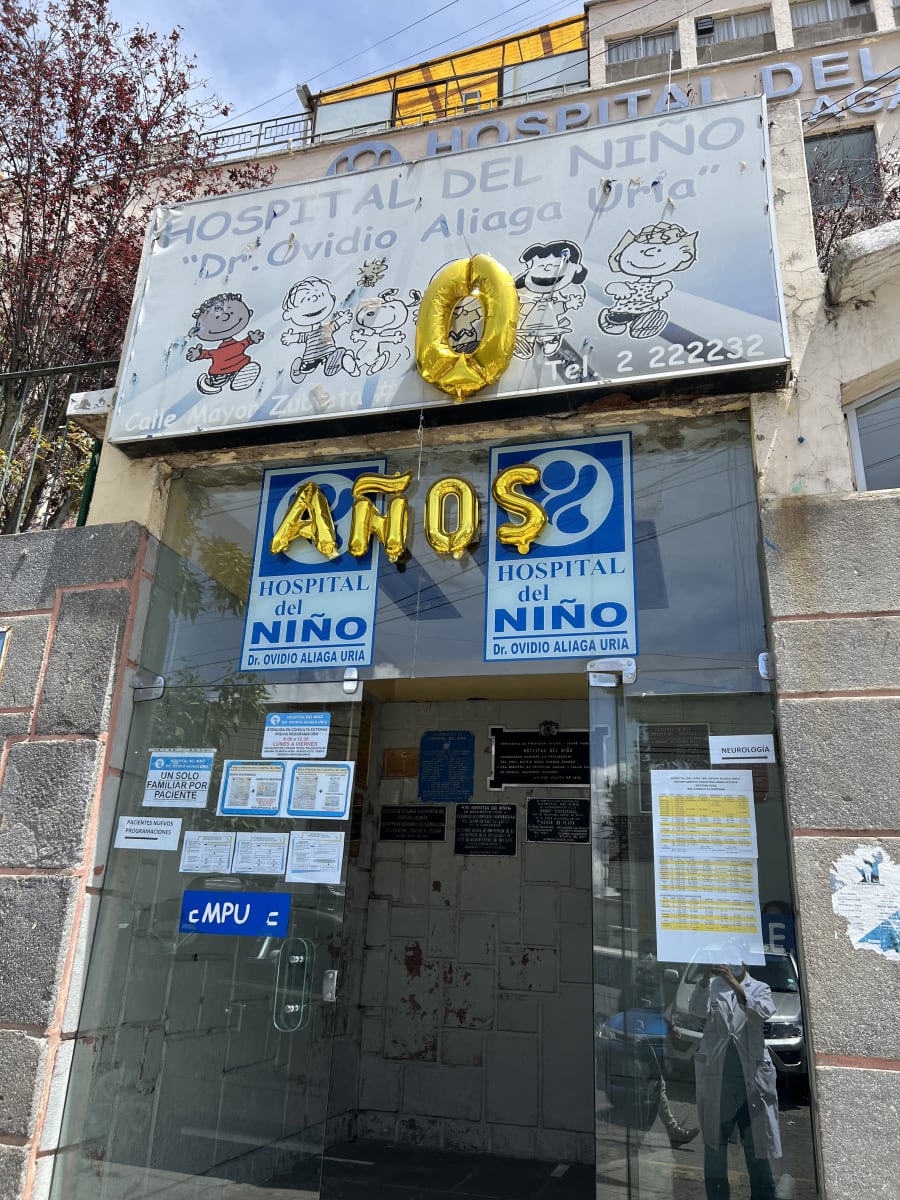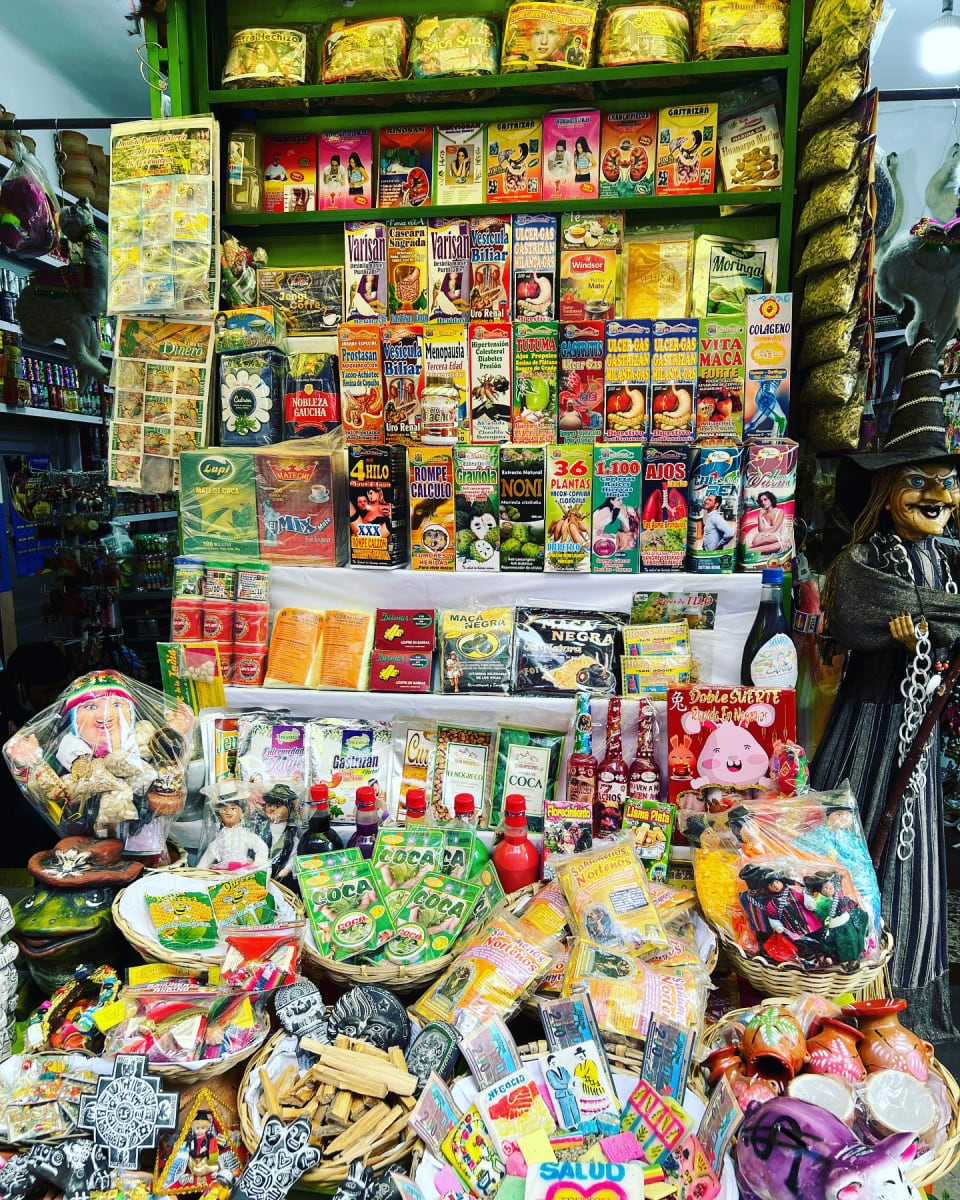I plan to collaborate with local physicians in La Paz and El Alto, Bolivia to study interculturality as a determinant of sexual health for adolescent women of Aymara descent. Under the mentorship of Dr. Cecilia Uribe, the medical director of Child Family Health International, Bolivia, I will complete a longitudinal project studying the influence of the customs of the indigenous populations in El Alto on reproductive health. We will perform semi-structured interviews and thematic analysis to understand the role of interculturality in teenage pregnancy. Through collaboration with local patient advocates we will formulate culturally competent recommendations to lower rates of teenage pregnancy in the city of El Alto.
Bolivia has one of the largest Indigenous populations in South America. While much of the country is undergoing healthcare reform, the indigenous population continues to suffer from high rates of poverty, political and social exclusion (Alvarez et al., 2016). Young women are particularly affected by these circumstances with high rates of pregnancy in adolescence along with disparities in maternal and infant mortality compared to non-indigenous populations (Social protection in health schemes for mother, newborn, and child populations: Lessons learned from the Latin American Region, 2008). Numerous factors have been identified that contribute to teen pregnancies, including barriers to the acquisition and proper use of contraception, cultural gender norms, distrust of westernized medicine, and incidents of sexual violence (Estudio sobre el embarazo en la adolescencia en 14 municipios de Bolivia, 2016).
The city of El Alto is located very close to La Paz, and it has more than 1 million inhabitants, of which approximately 11% are teenage women. Being a city that is in the Altiplano, the population is mostly of Aymara origin, migrant communities that strive to maintain the customs of their ancestors while trying to adapt to city life. This is particularly difficult for the teenagers and youth. This is the city with highest number of teenage pregnancies in Bolivia.
In collaboration with local physicians, I plan to study barriers to reproductive healthcare for adolescent and young adult females in indigenous populations in El Alto, Bolivia and formulate culturally competent recommendations to lower rates of teenage pregnancy in the city of El Alto. Importantly, I hope to do this while prioritizing the dignity, equity, and sustainability of the community I am to work with. I hope to further expand the understanding of the relationship between health and social determinants of health across different patient populations. This experience will also help me develop a foundation of medical Spanish literacy and cultural competency that I will be able to build on during residency and my continued medical practice as I care for Spanish-speaking patients from a multitude of cultural backgrounds.














Through the support of Doximity and the UNC Global Health Scholars program, I recently had the opportunity to travel to La Paz and El Alto, Bolivia to study healthcare disparities and access to contraception for adolescent females, particularly those of Aymara descent. The trip was both eye-opening and inspiring, and I was able to gain a deeper understanding of the complex issues that impact reproductive health for young women in Bolivia.
Although there is universal access to healthcare and contraception, Bolivia has some of the highest rates of teenage pregnancy in Latin America. The goal of our study was to better understand the social, cultural, and logistical barriers that contribute to these high rates. In collaboration with Child Family Health International, I conducted interviews with adolescent pregnant woman in the pre-partum and post-partum units of two different hospitals. The first was a large tertiary level women’s hospital in the city of La Paz. This hospital cares for the most complex cases in the country and allowed me to speak with women from all over Bolivia. The second was a smaller secondary level hospital in El Alto. The city of El Alto has a large proportion of indigenous women, particularly from Aymara descent. This provided the opportunity to learn about specific cultural barriers for indigenous women. I also had the opportunity to work with local Pediatricians, Obstetricians, and Social Workers and learn about the barriers that they experience providing care for these young women.
I was struck by the amount of misinformation and misconception regarding contraception that was tightly intertwined with cultural beliefs in natural medicine and discrepancies between the westernized health system and the traditional medicine practices. The machismo culture and high rates of sexual violence were also a common theme. However, despite the numerous challenges that adolescent patients and providers face, I was also inspired by the resilience of the patients and determination of the providers to improve the health of the community.
There is still much to learn about the numerous barriers to reproductive health for teenage women in Bolivia, and more needs to be done to support this vulnerable population both in and outside the hospitals. I hope to return to Bolivia later in residency to continue to learn about the challenges these women face and help create solutions to support these communities of women in their reproductive health.